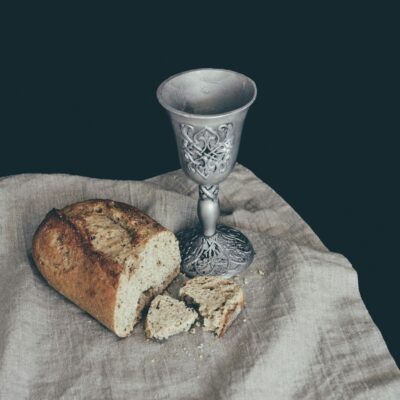The Sacraments
This article is part of a series. To read the whole series, click here. The Lord’s Supper, a central act of Christian worship, carries deep theological significance, connecting to Old Testament practices and shaping the church’s life today. Its roots in Passover, the call to guard the table, and its practical implications reveal its role…
This article is part of a series. To read the whole series, click here. The Lord’s Supper has been understood in diverse ways throughout church history, with different traditions offering distinct perspectives on Christ’s presence in the sacrament. Four primary views—Roman Catholic (transubstantiation), Lutheran (consubstantiation), Zwinglian (memorialism), and Reformed—shape the theological landscape, each addressing how…
This article is part 2 of a series on The Lord’s Supper. Click here for part 1. The Lord’s Supper is a sacred act of worship, deeply rooted in Scripture, that unites believers with Christ and one another. In 1 Corinthians 11:17–34, the Apostle Paul provides crucial guidance on the meaning and practice of this…
This article is part of a series. To read the whole series, click here. The doctrine of the Lord’s Supper invites believers to explore its significance within the framework of the sacraments. The Westminster Confession of Faith, Chapter 27, Section 1, defines sacraments as “holy signs and seals of the covenant of grace, immediately instituted…
Throughout church history, there have been perhaps few issues that have led to as many disputes as the sacraments. We’ve seen debates over how many sacraments there are, how these sacraments operate, how they are to be performed, who is to receive them, and so on. There has been much confusion and conflict. Although we…




